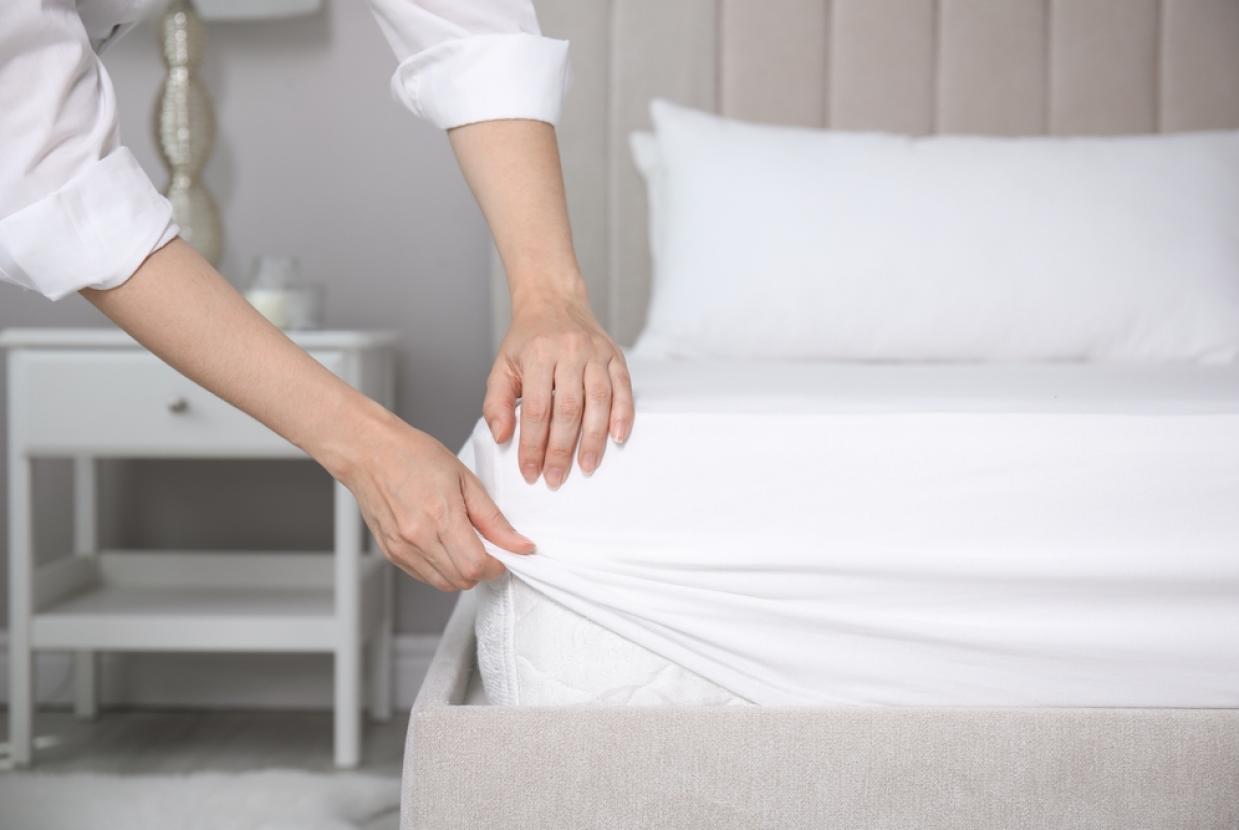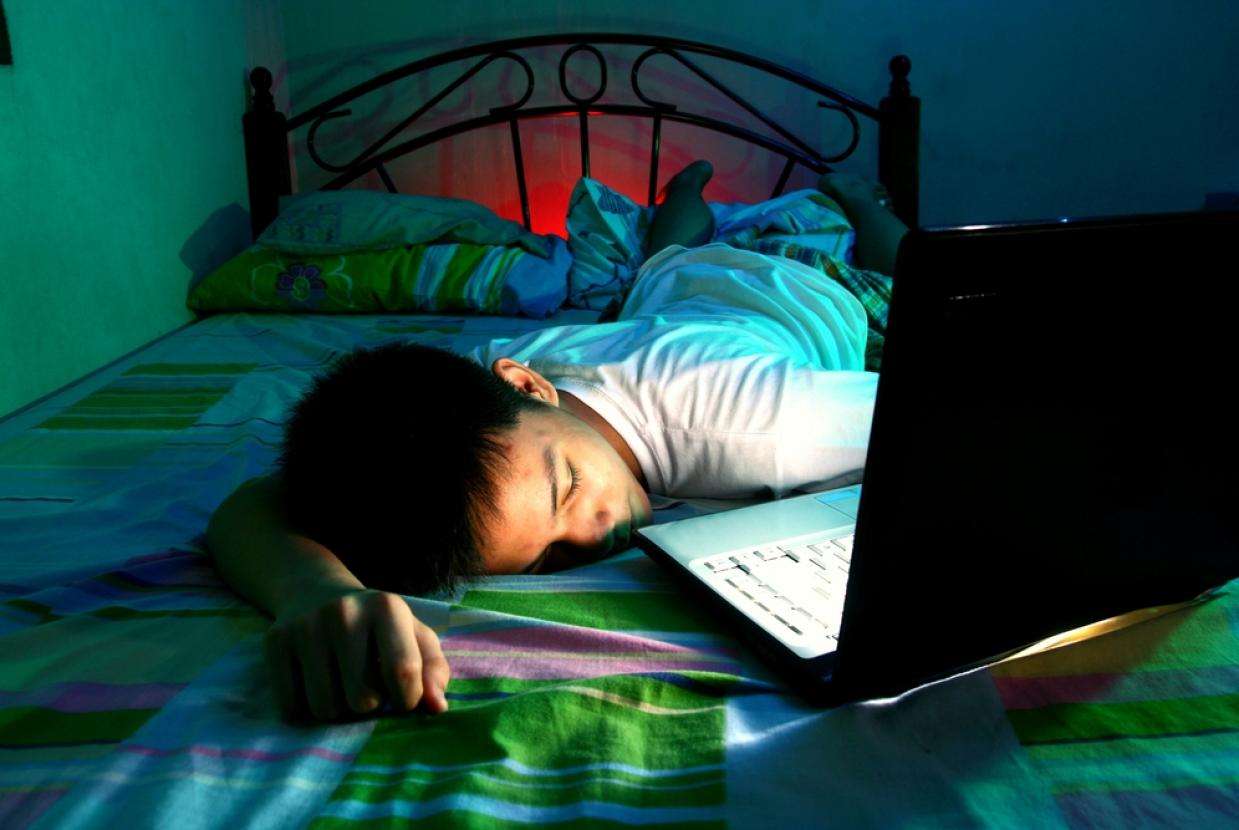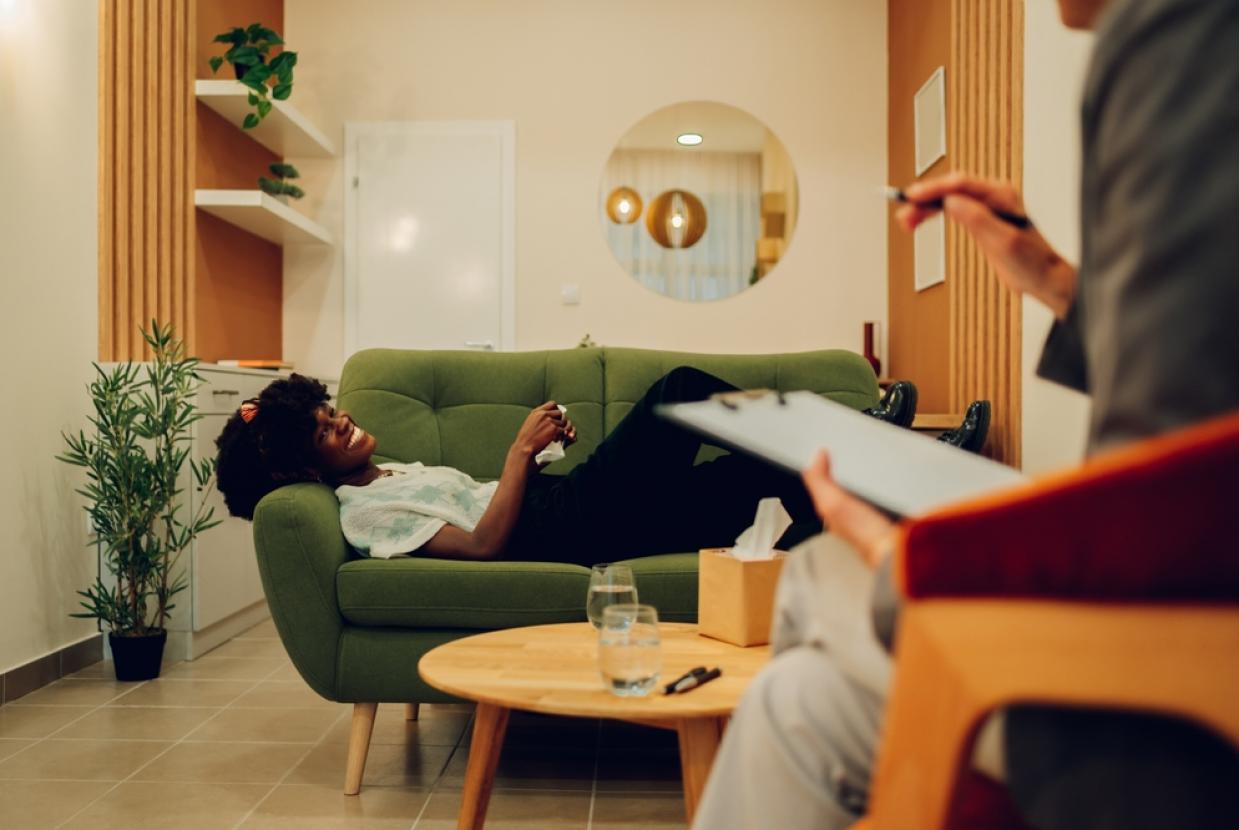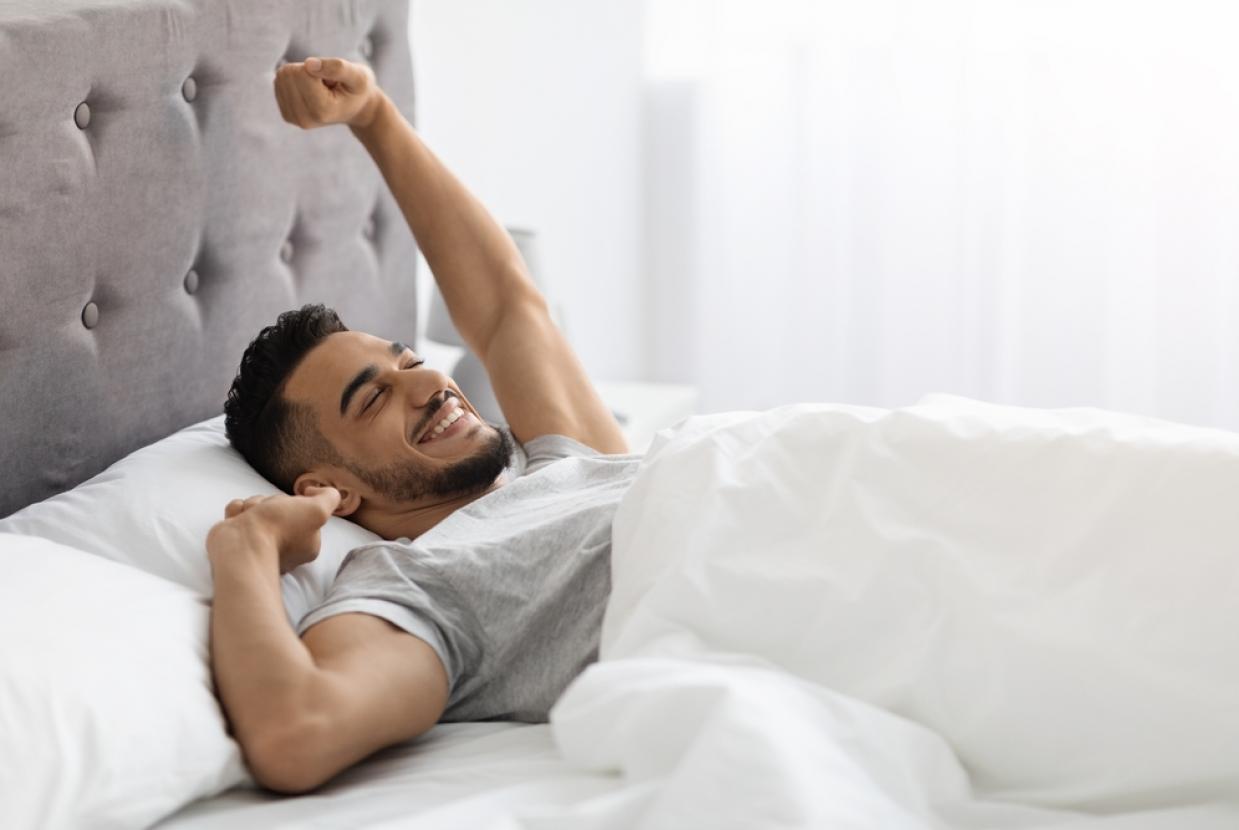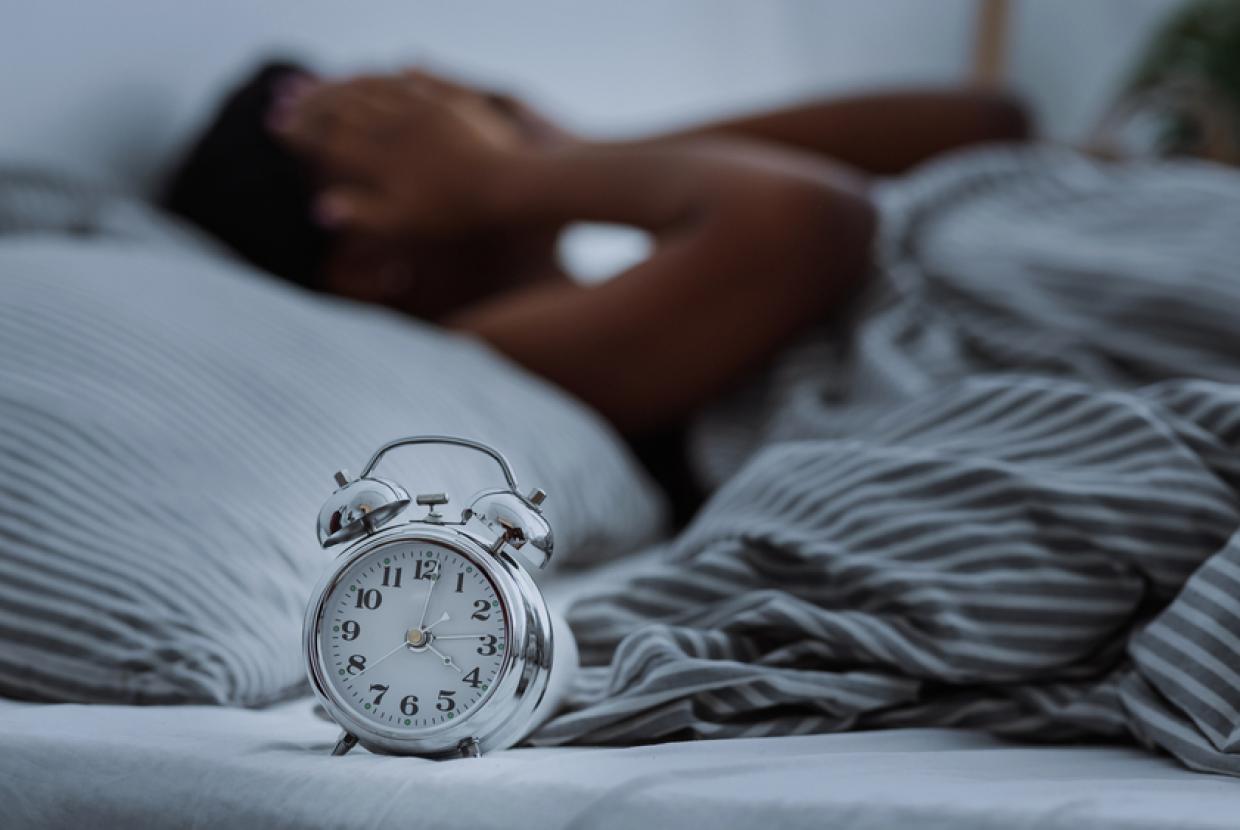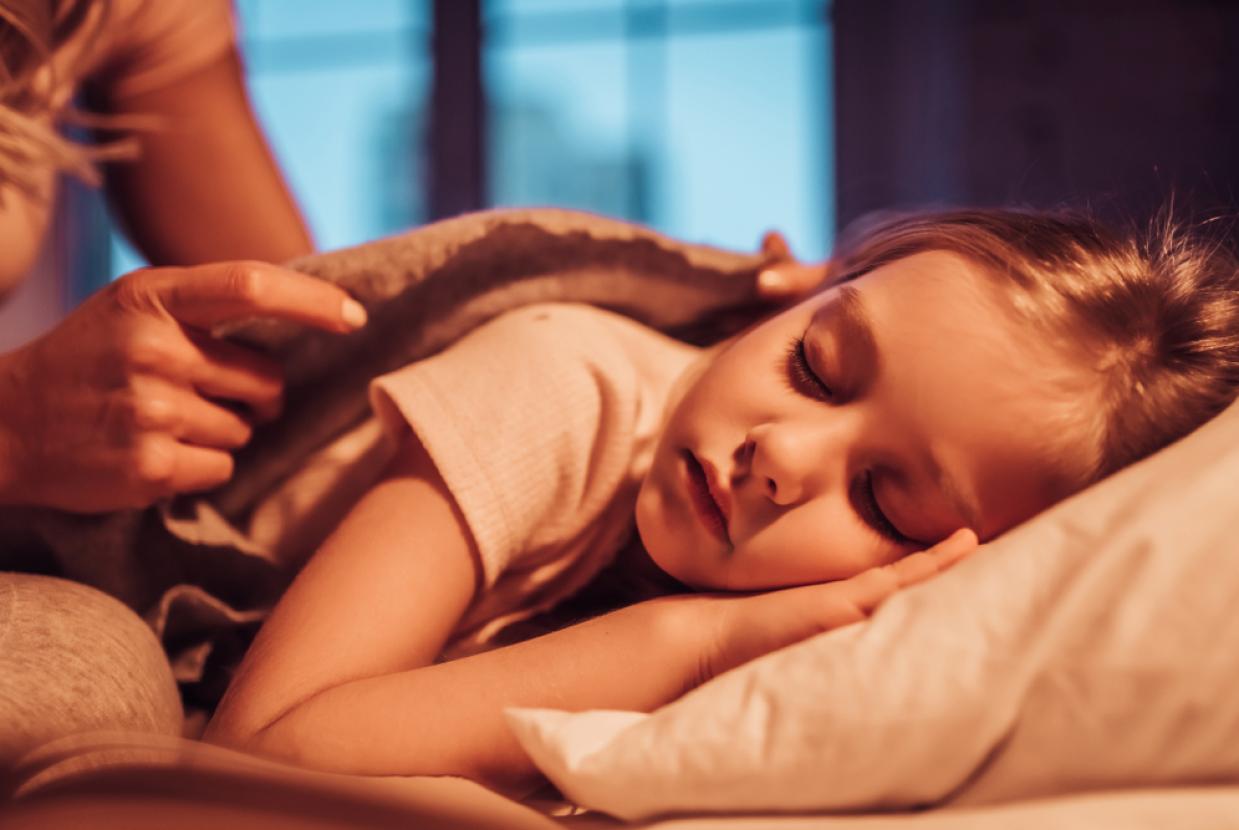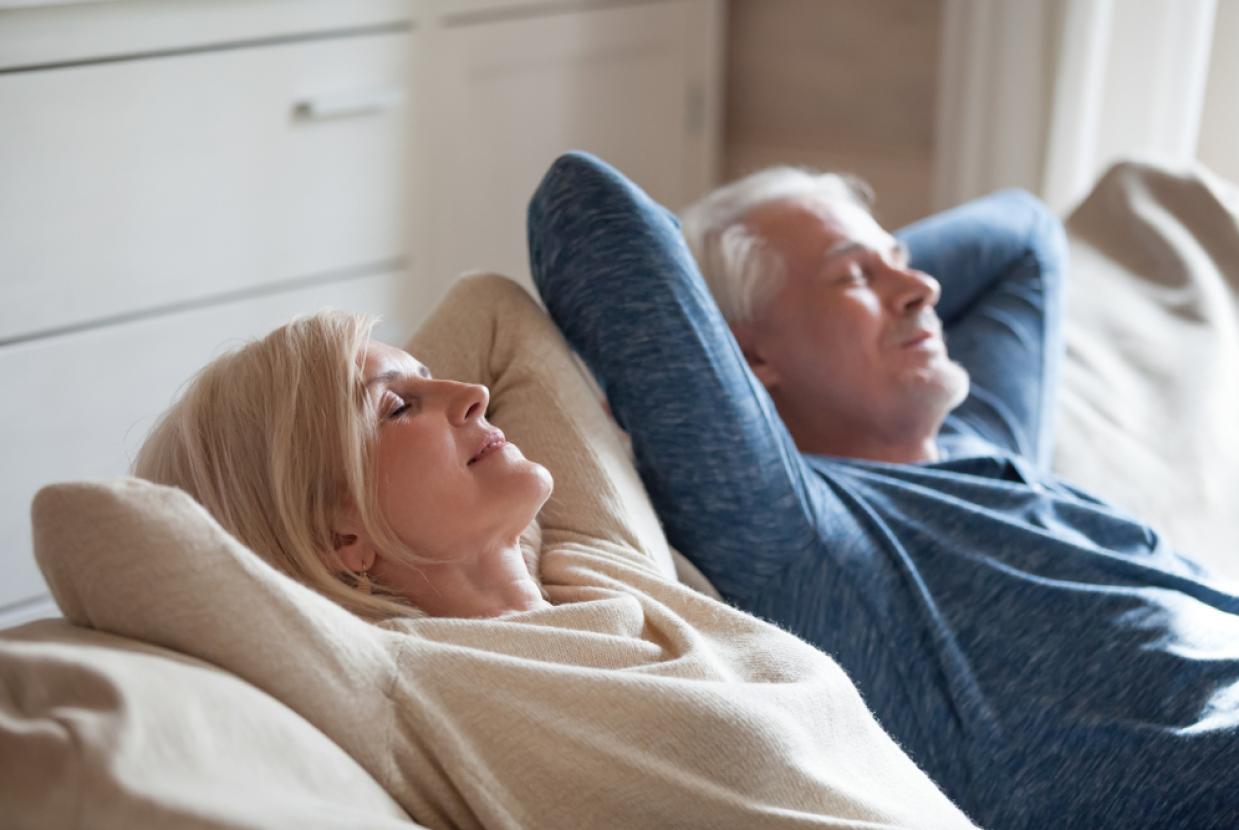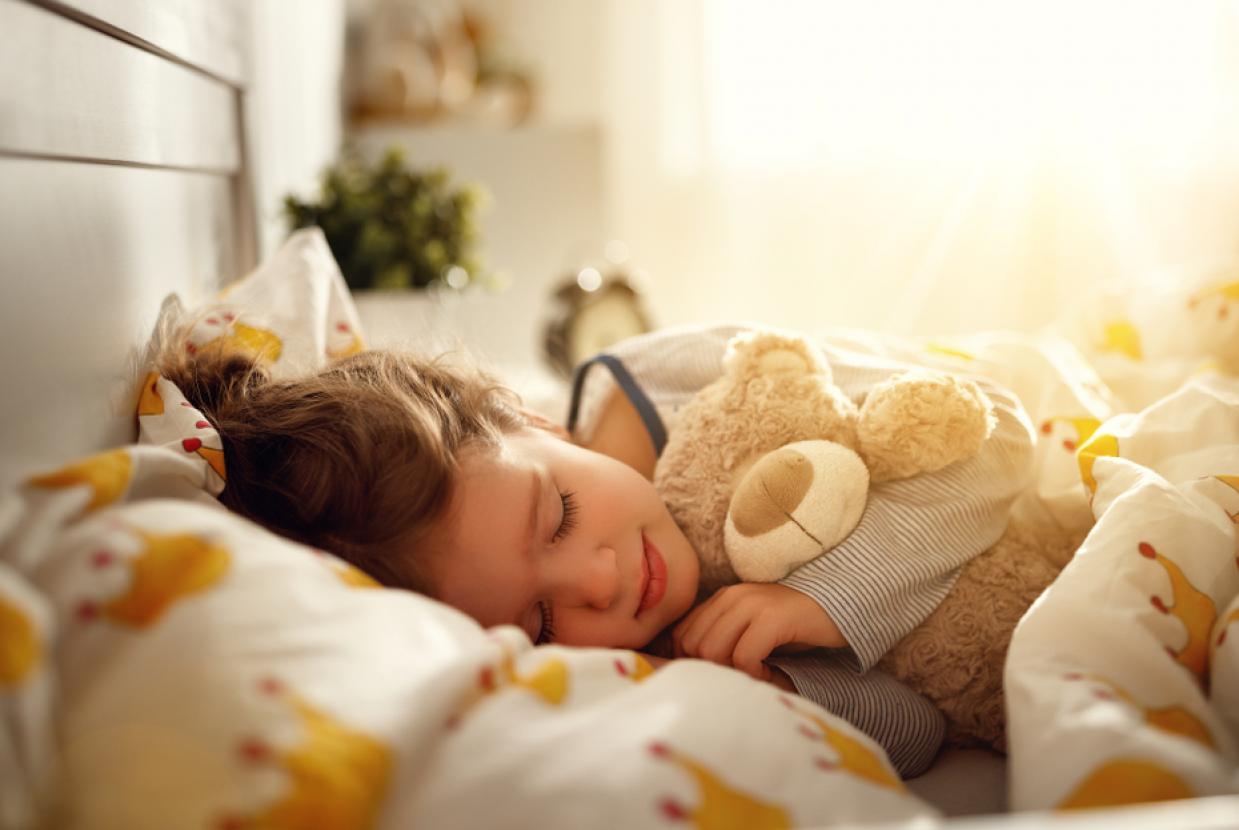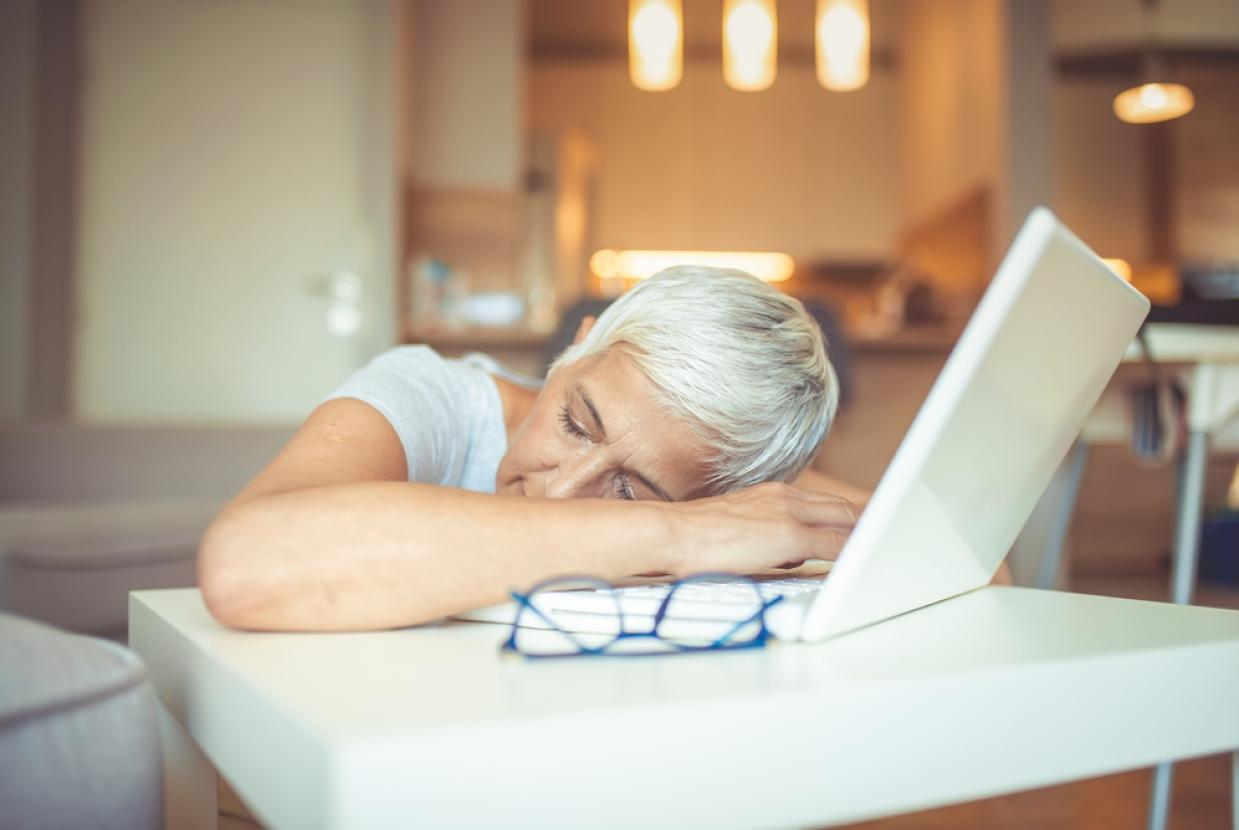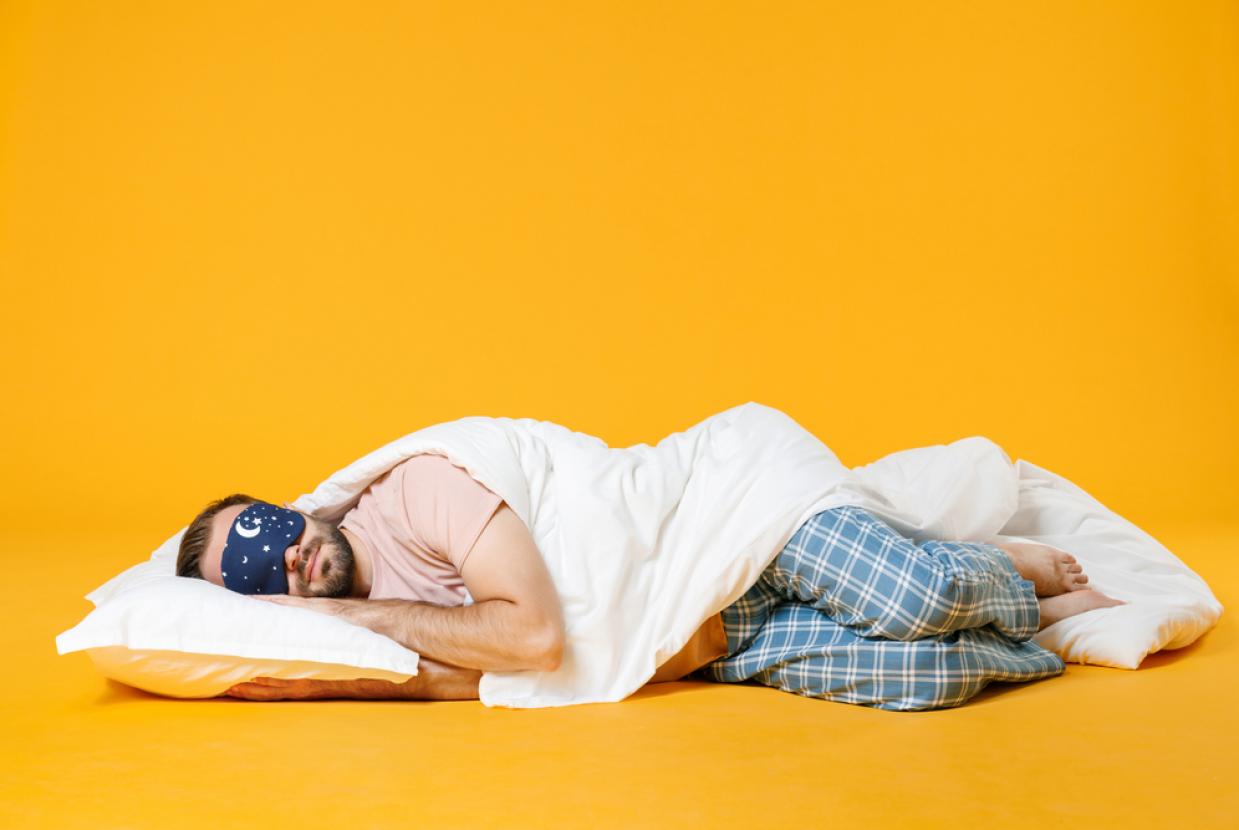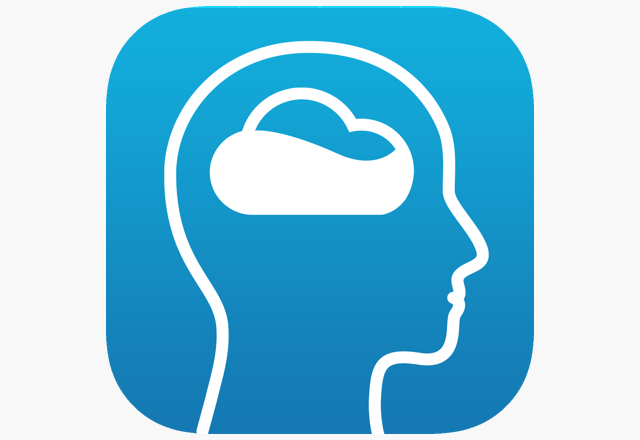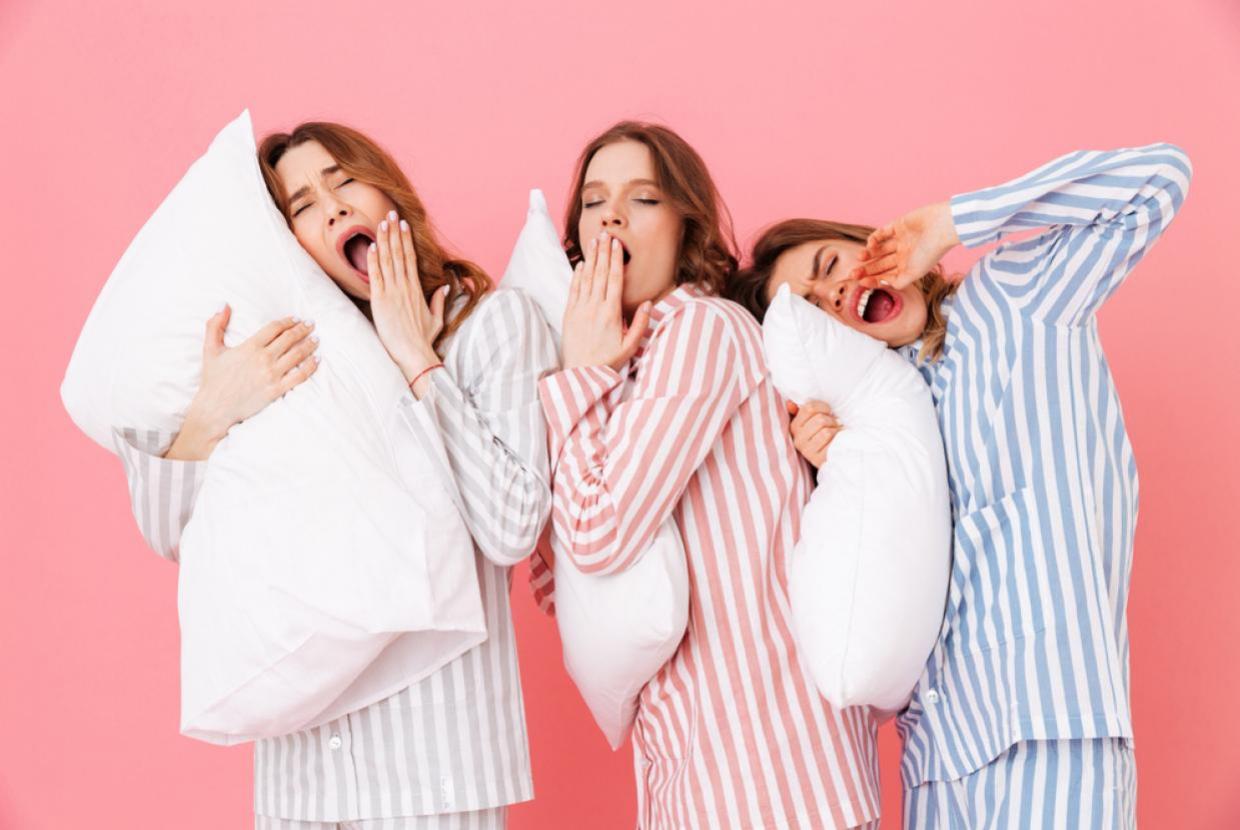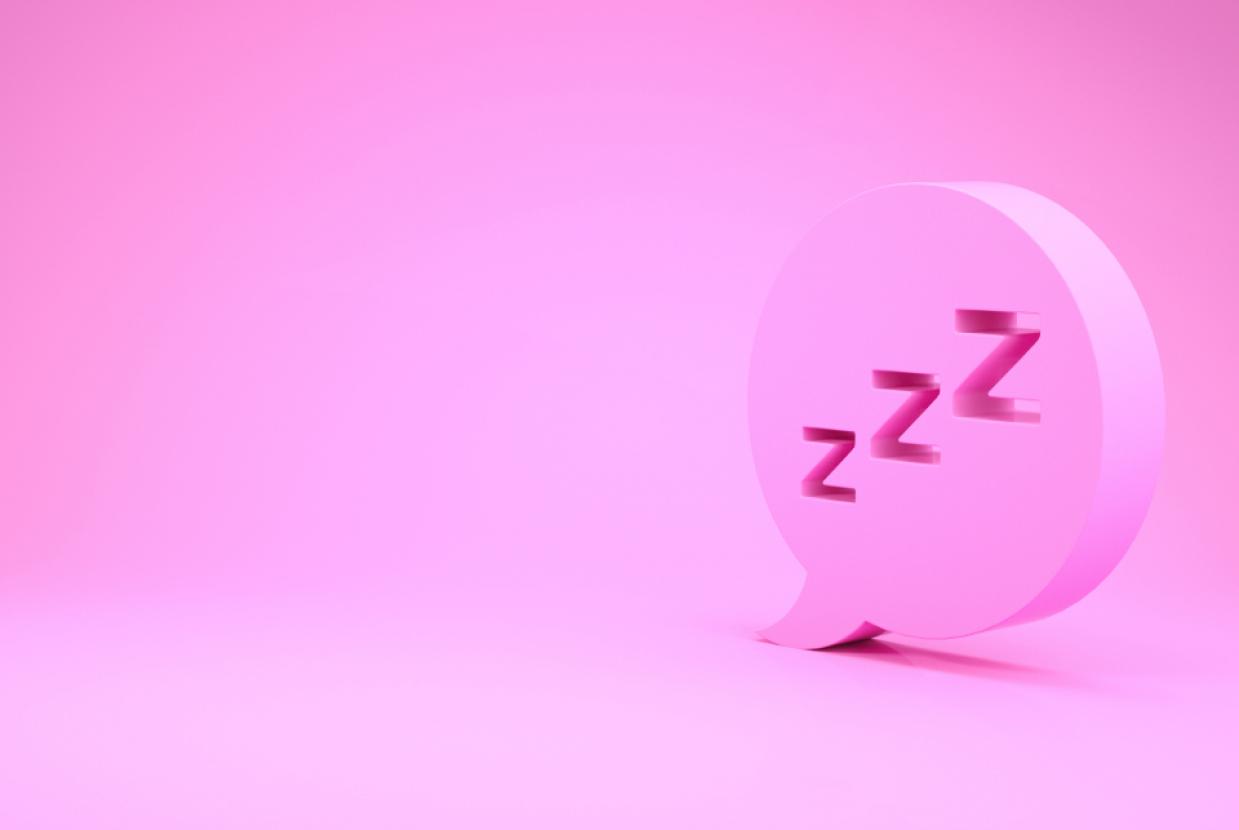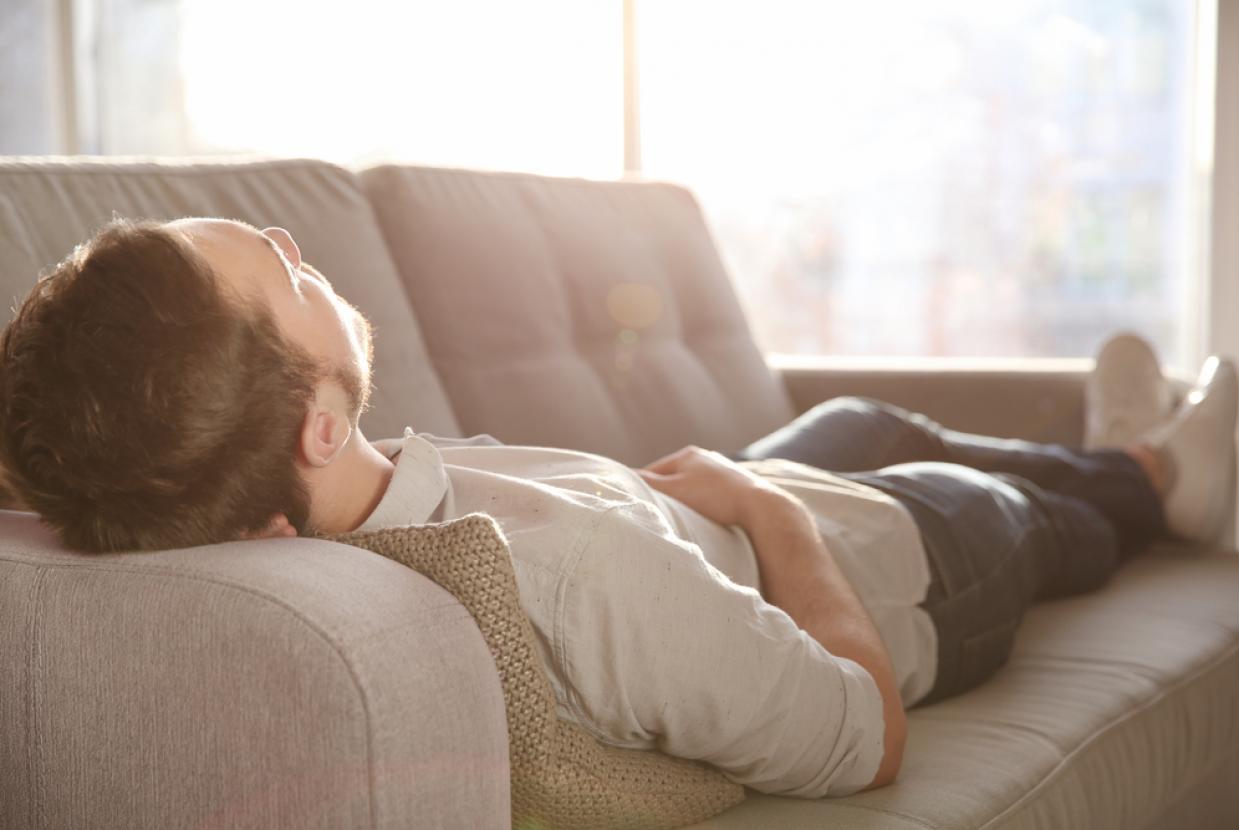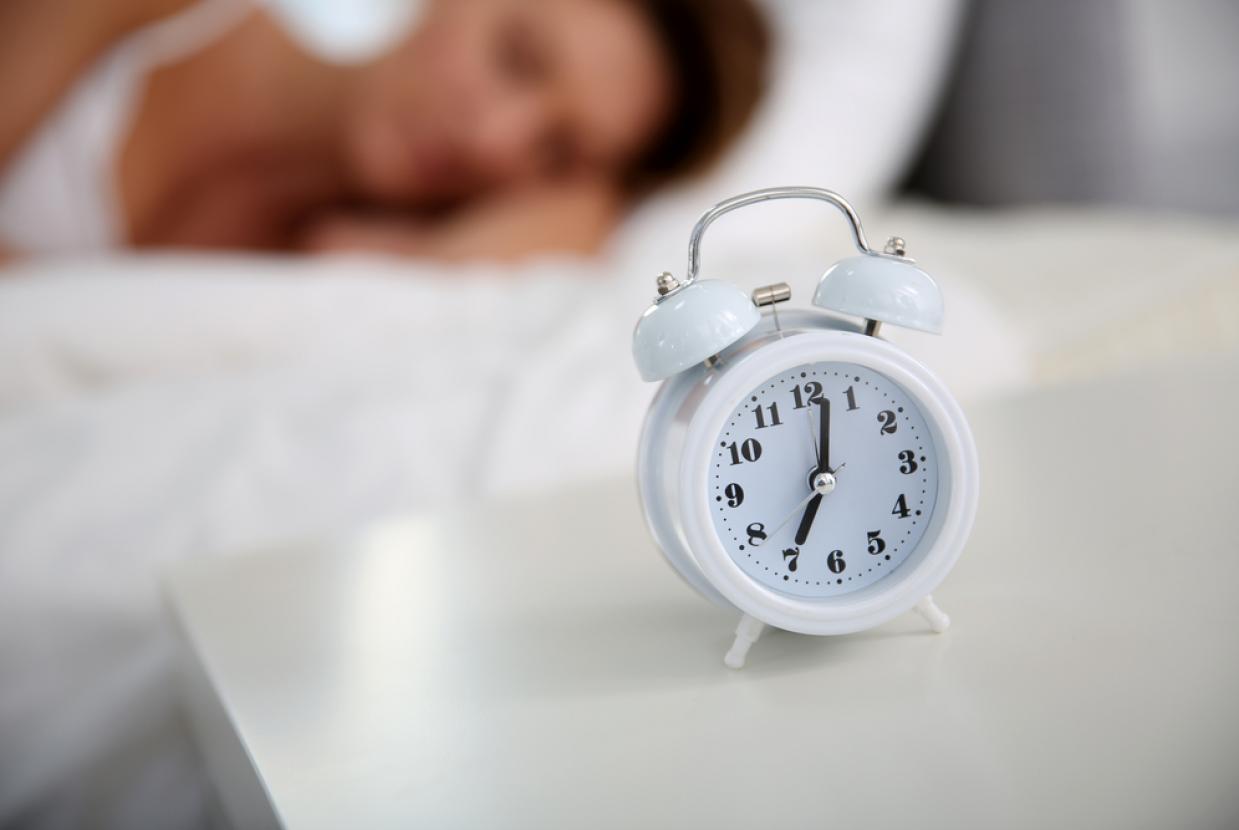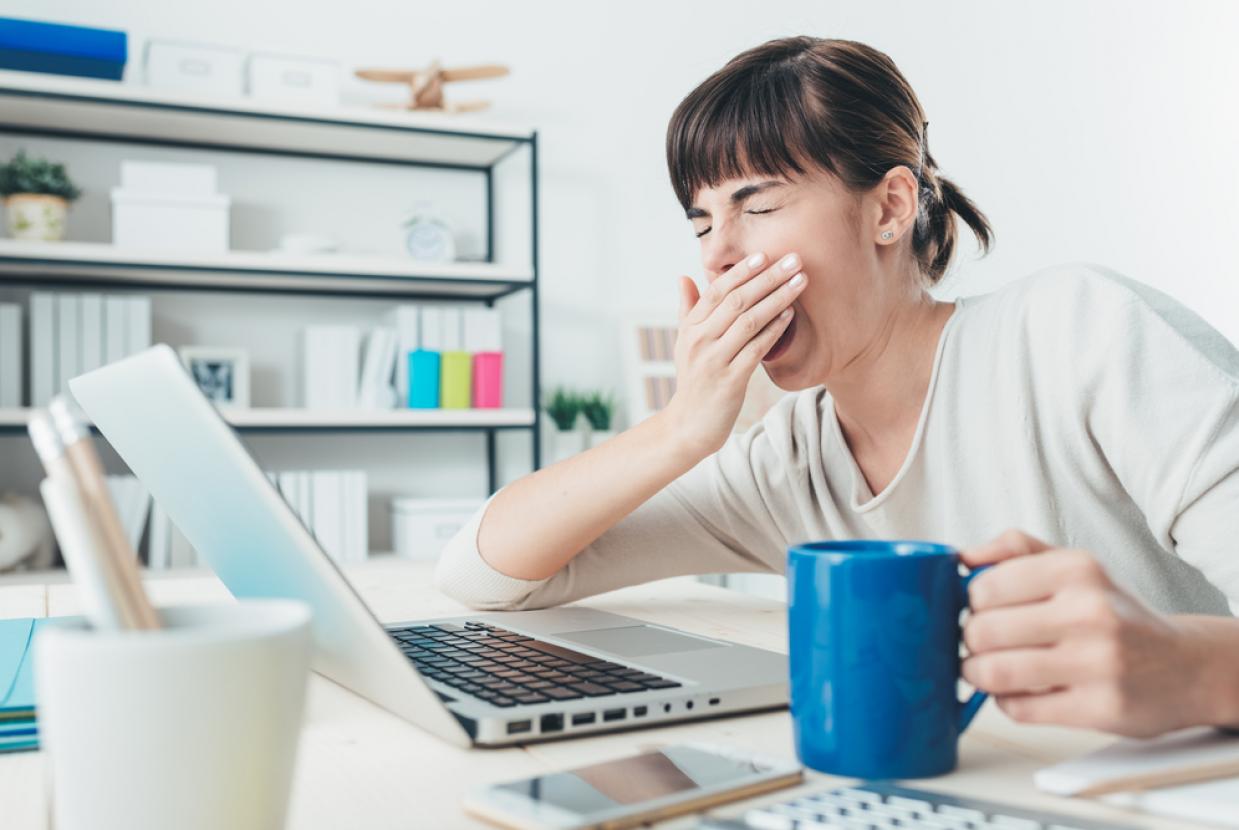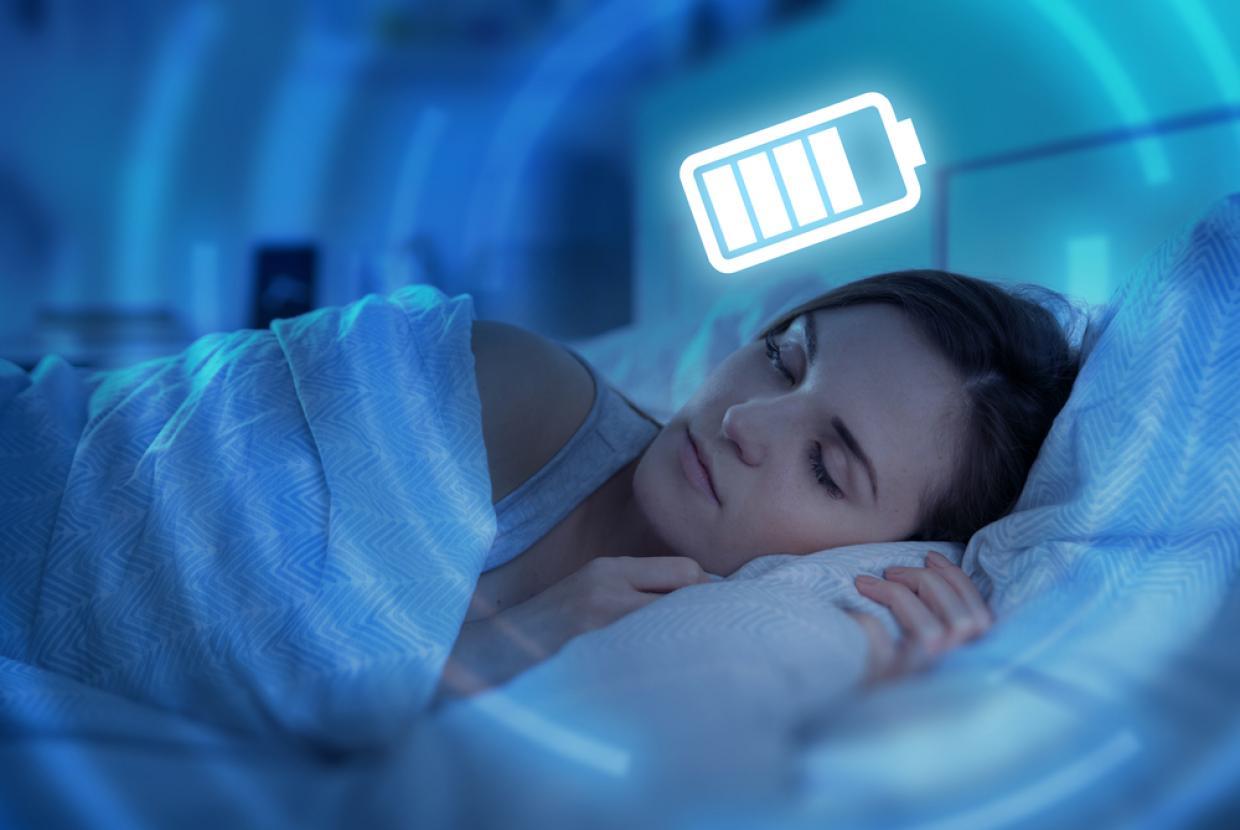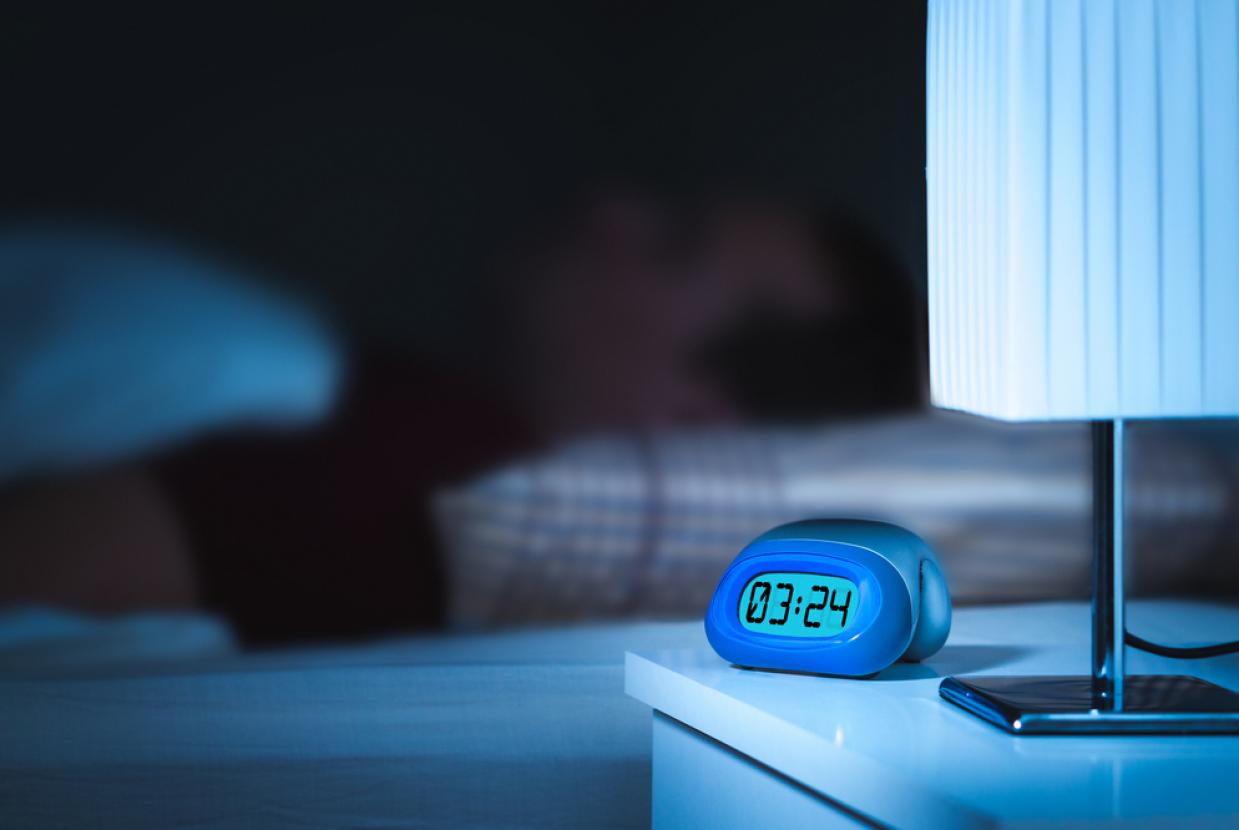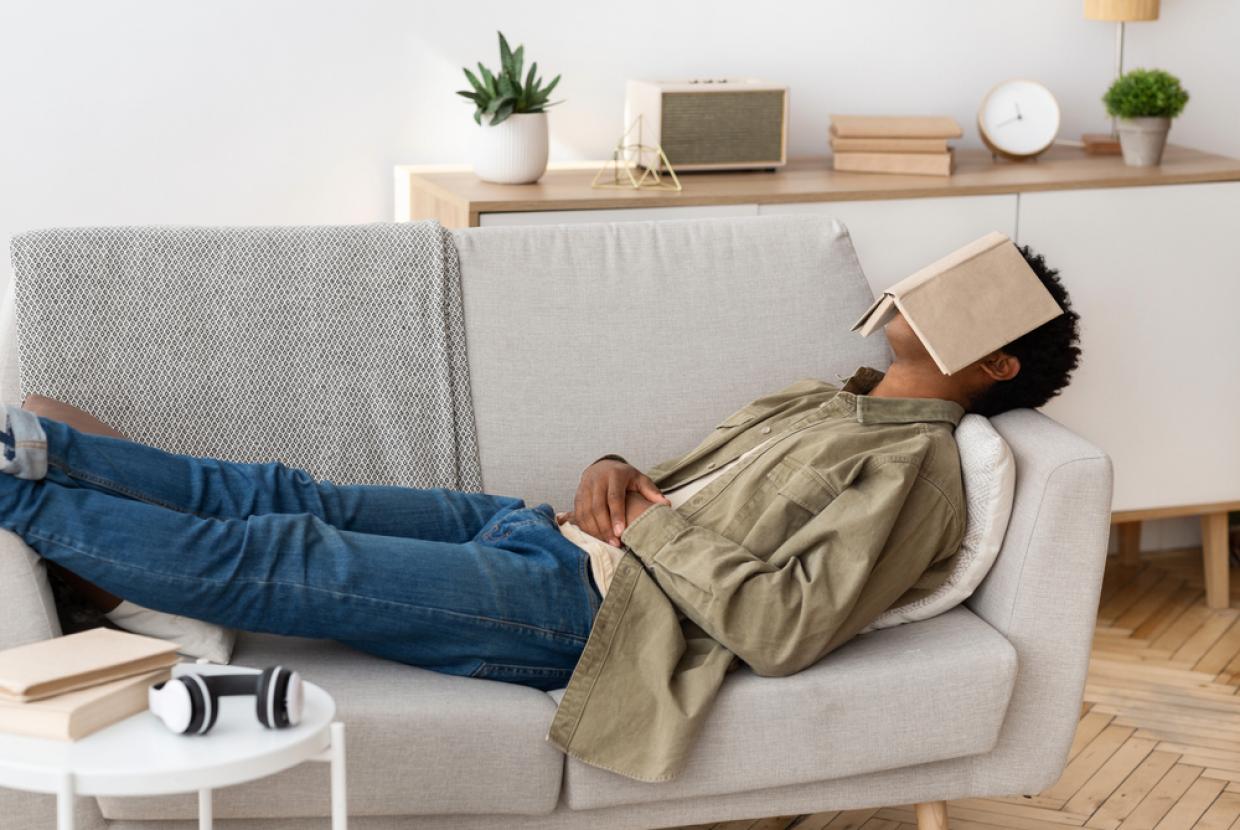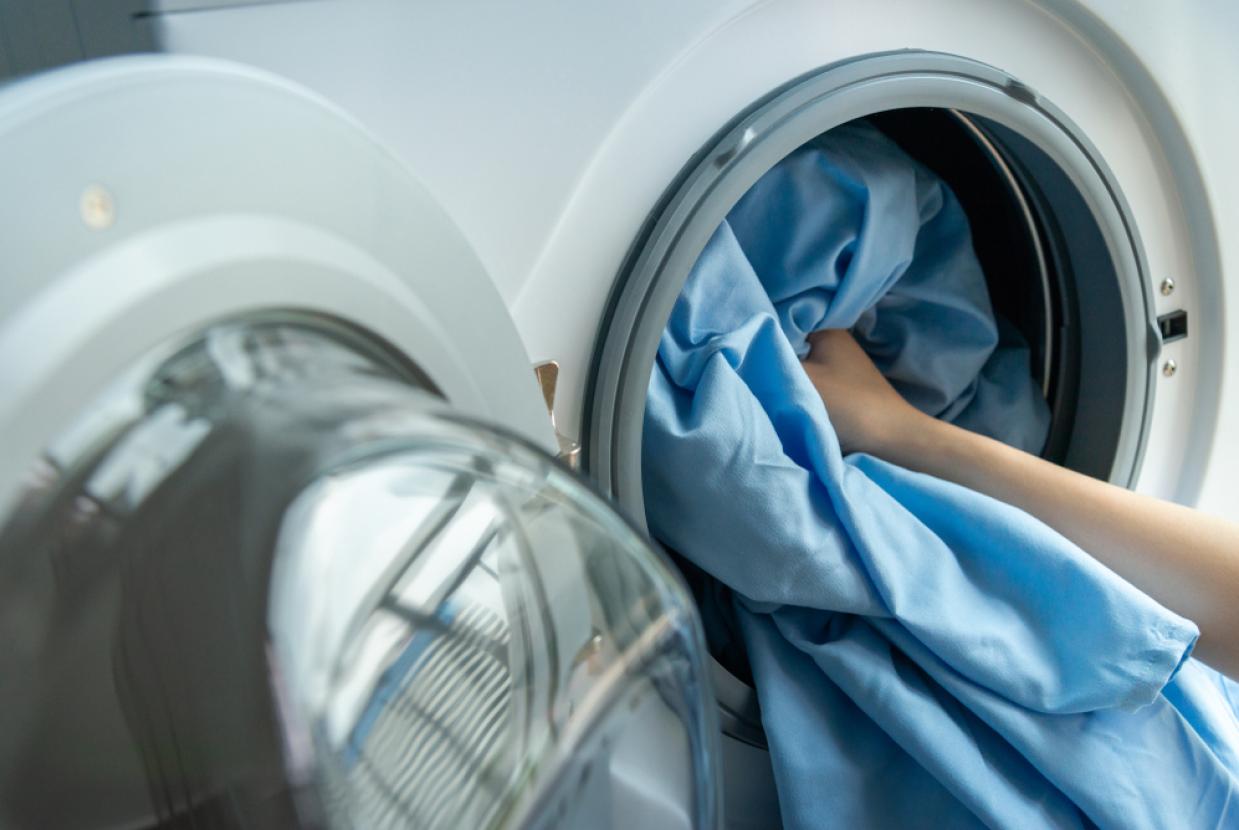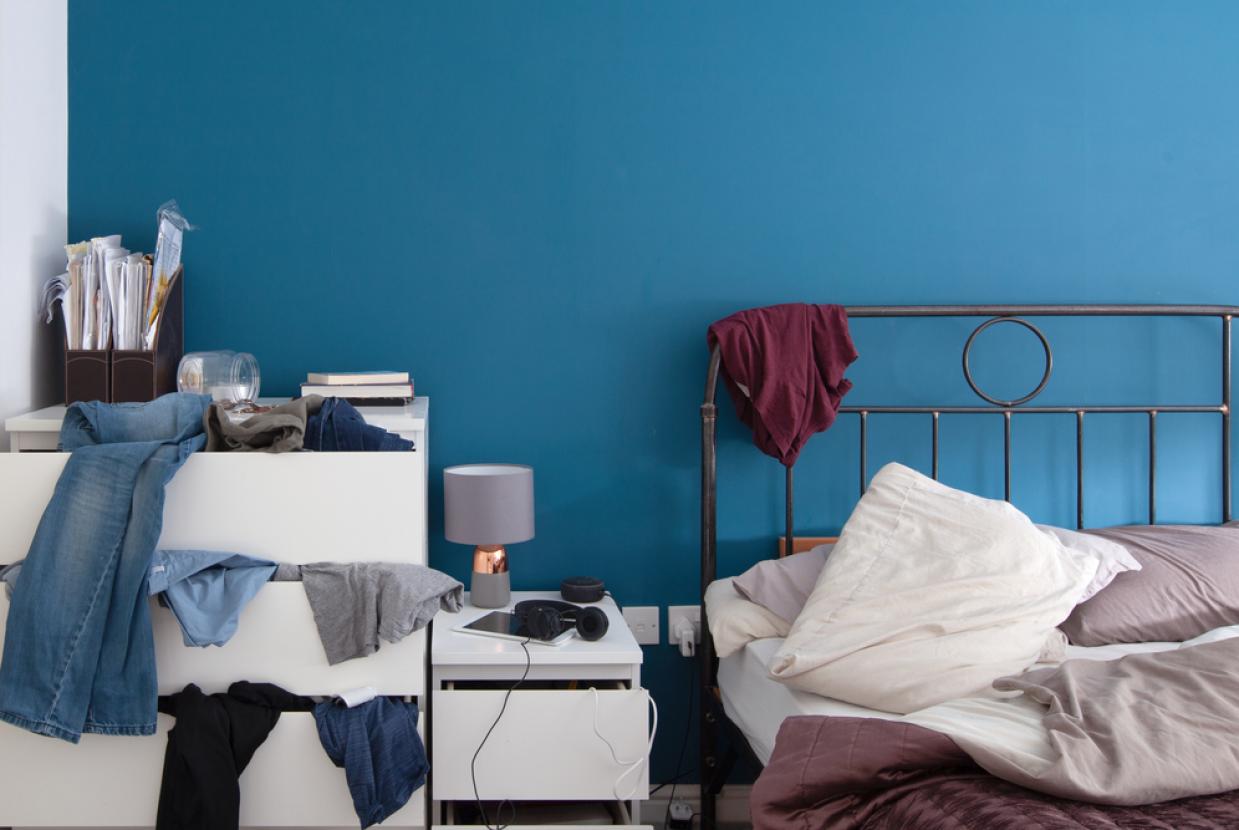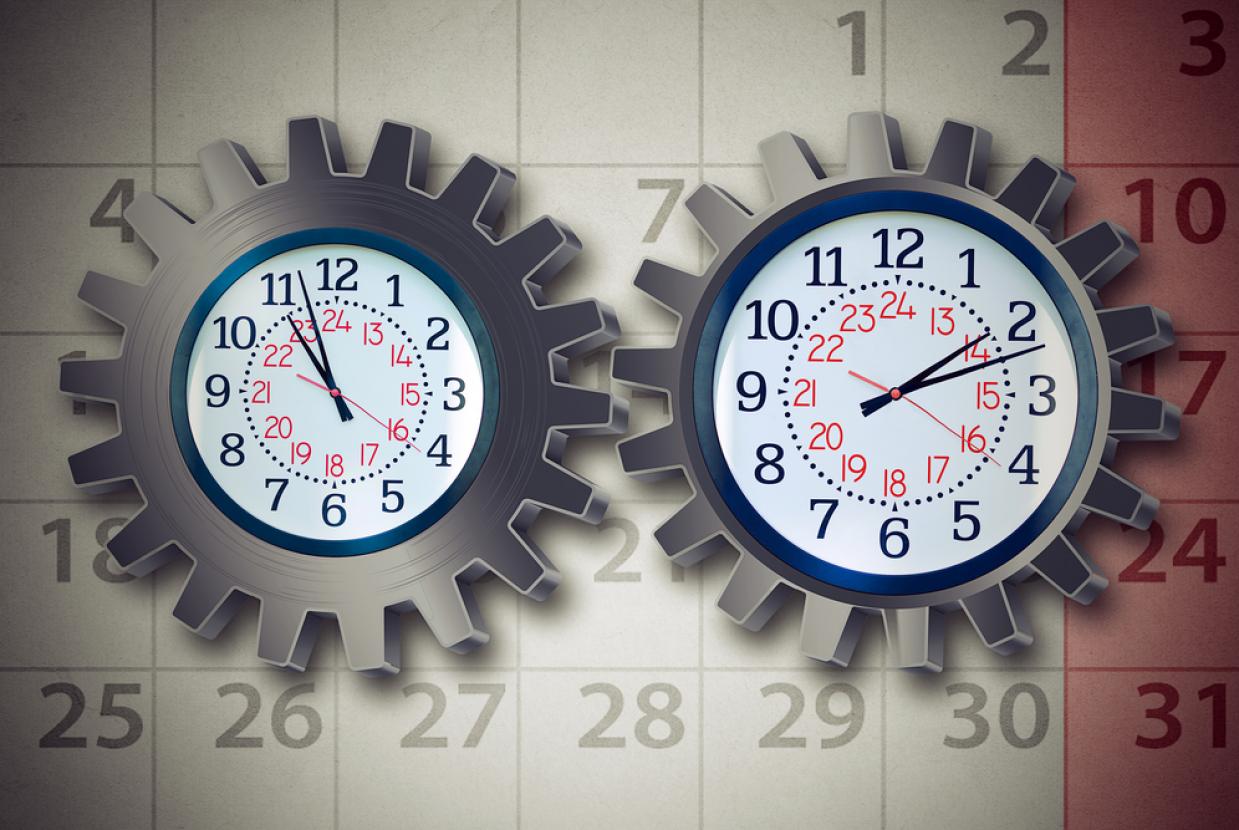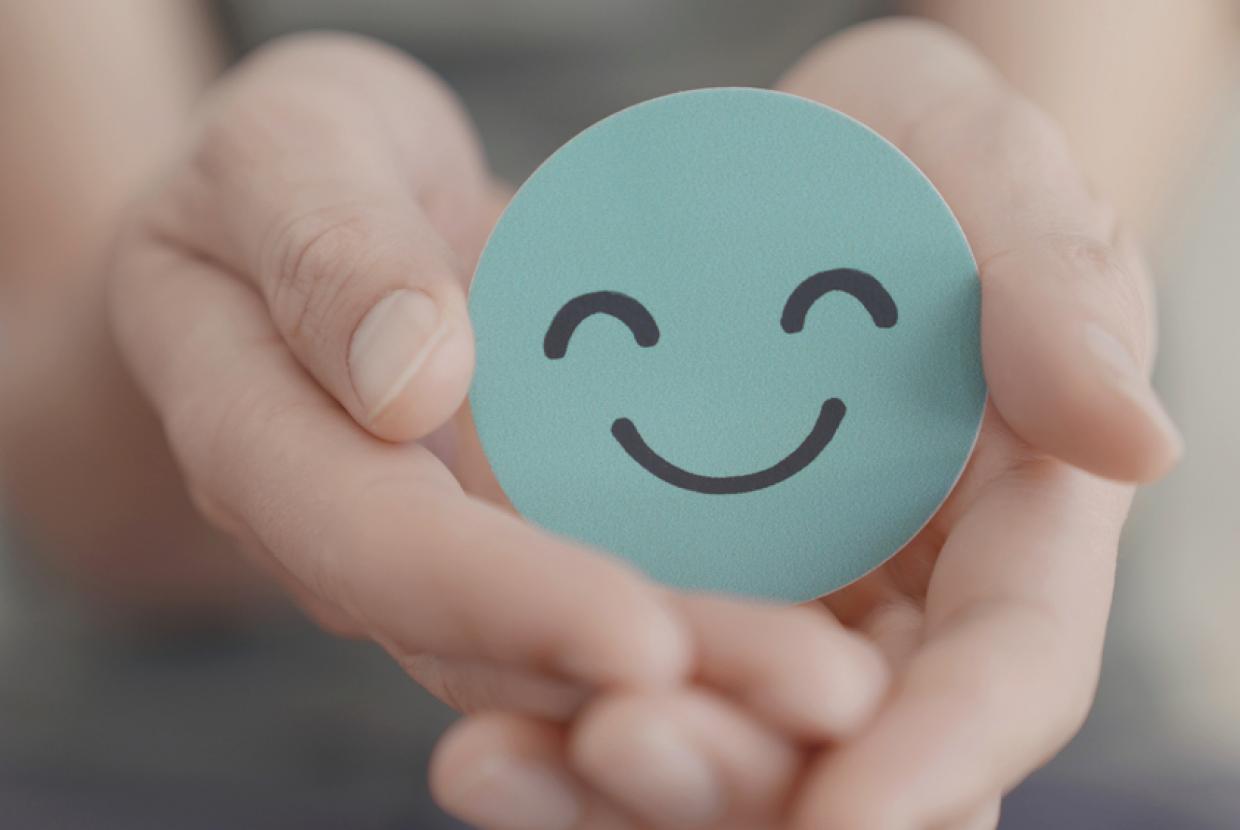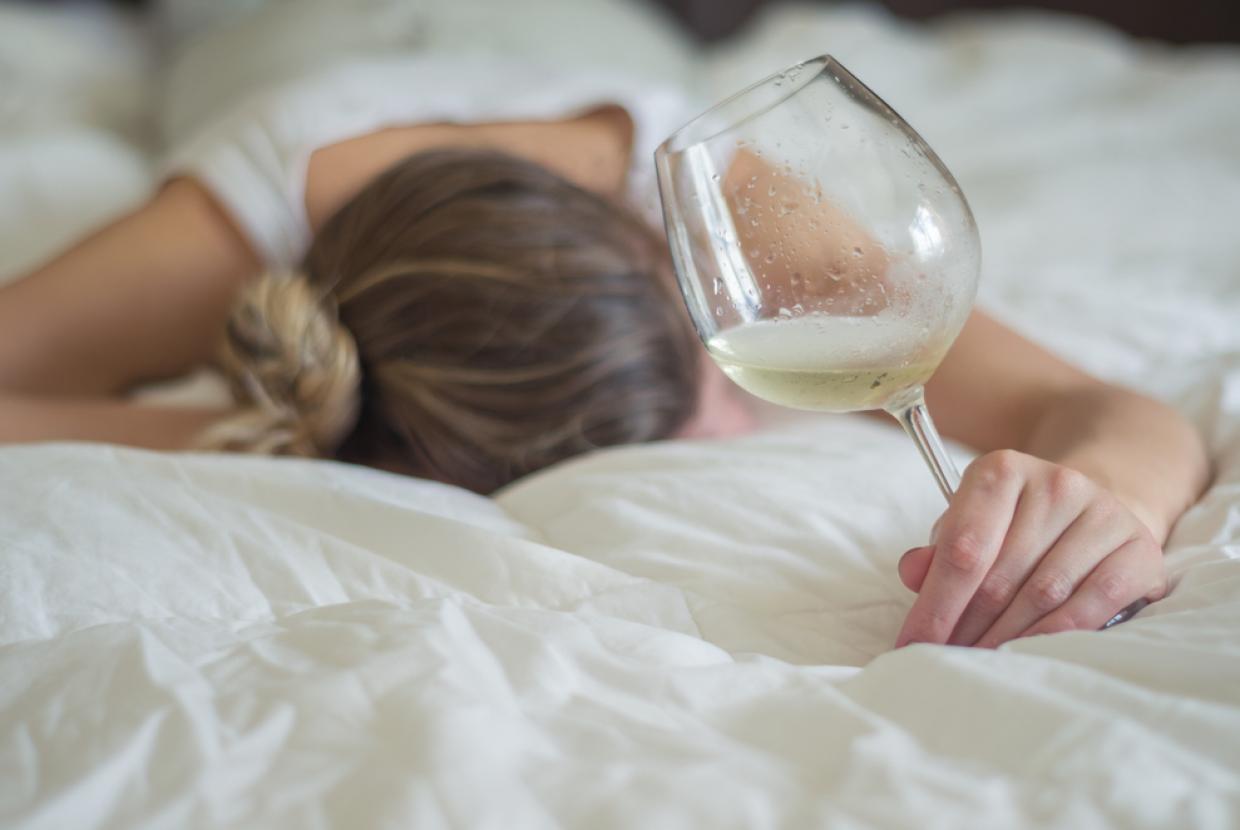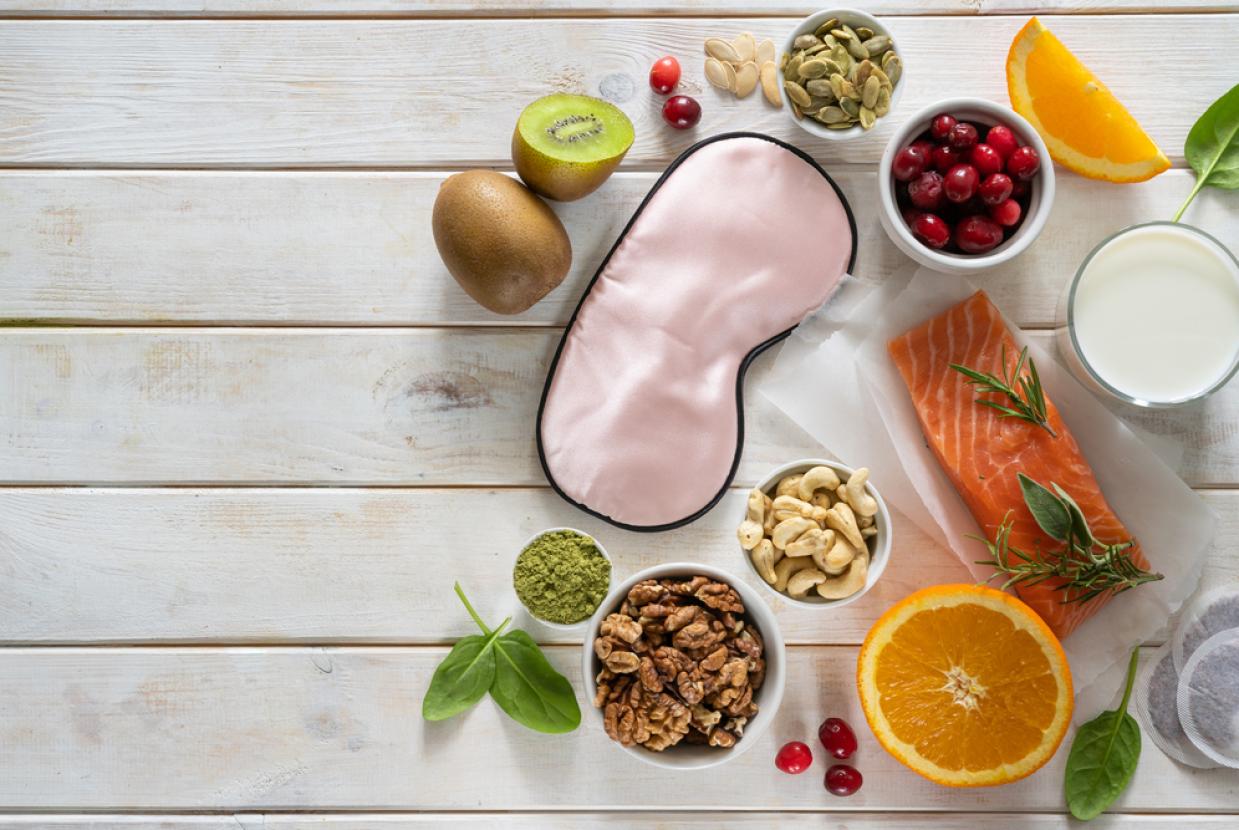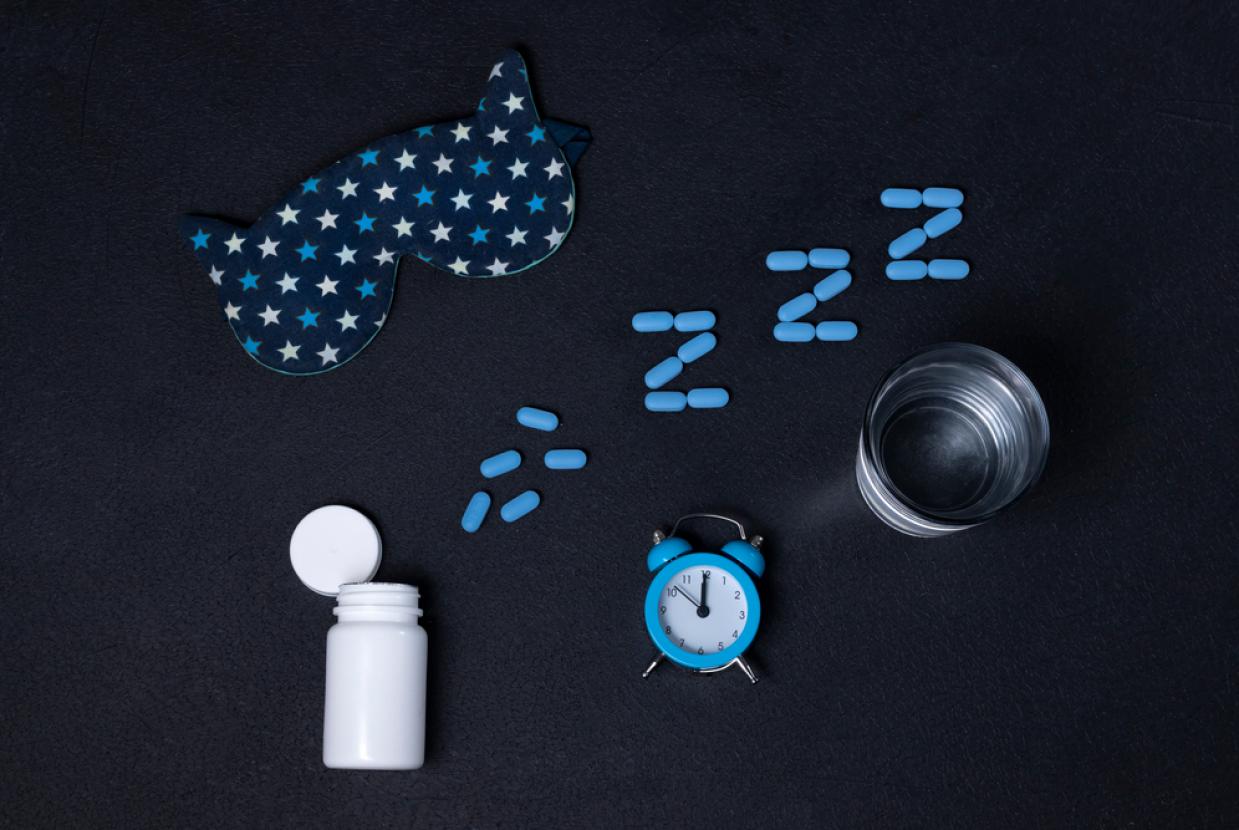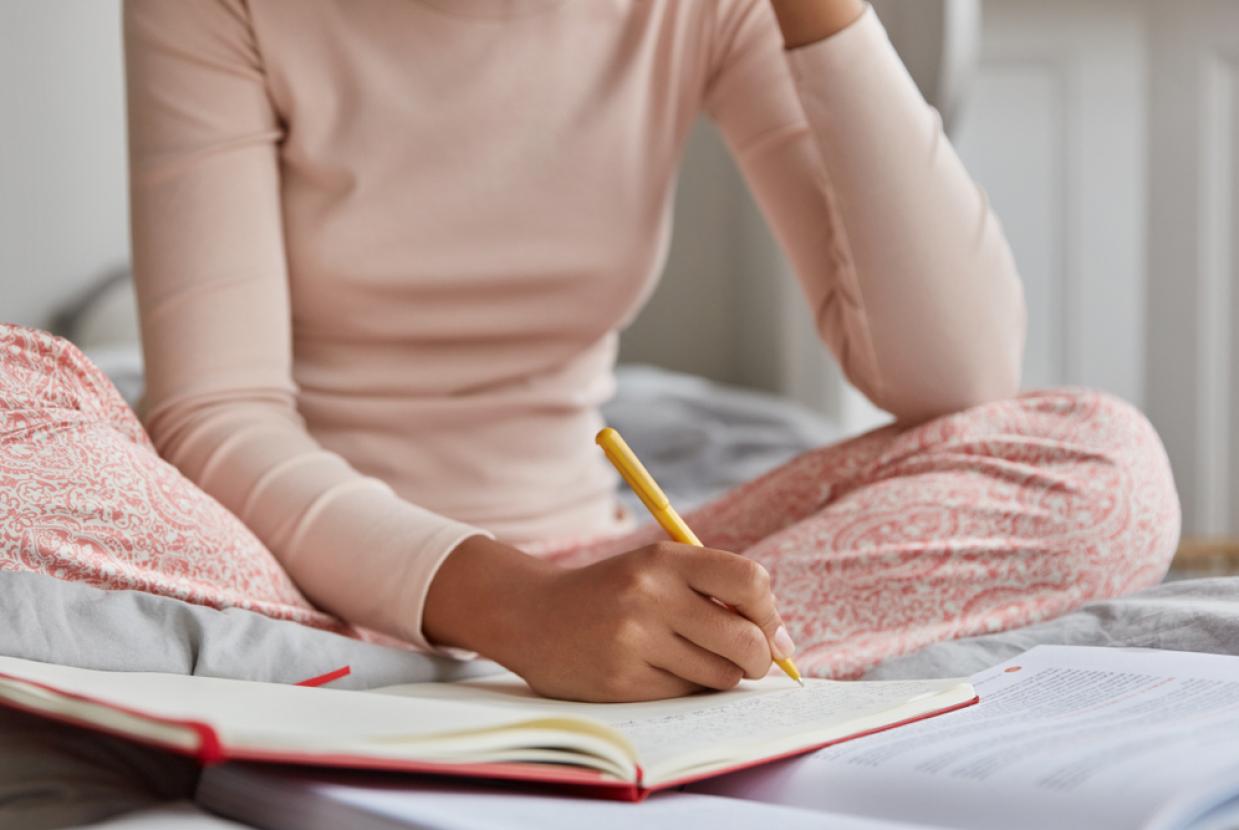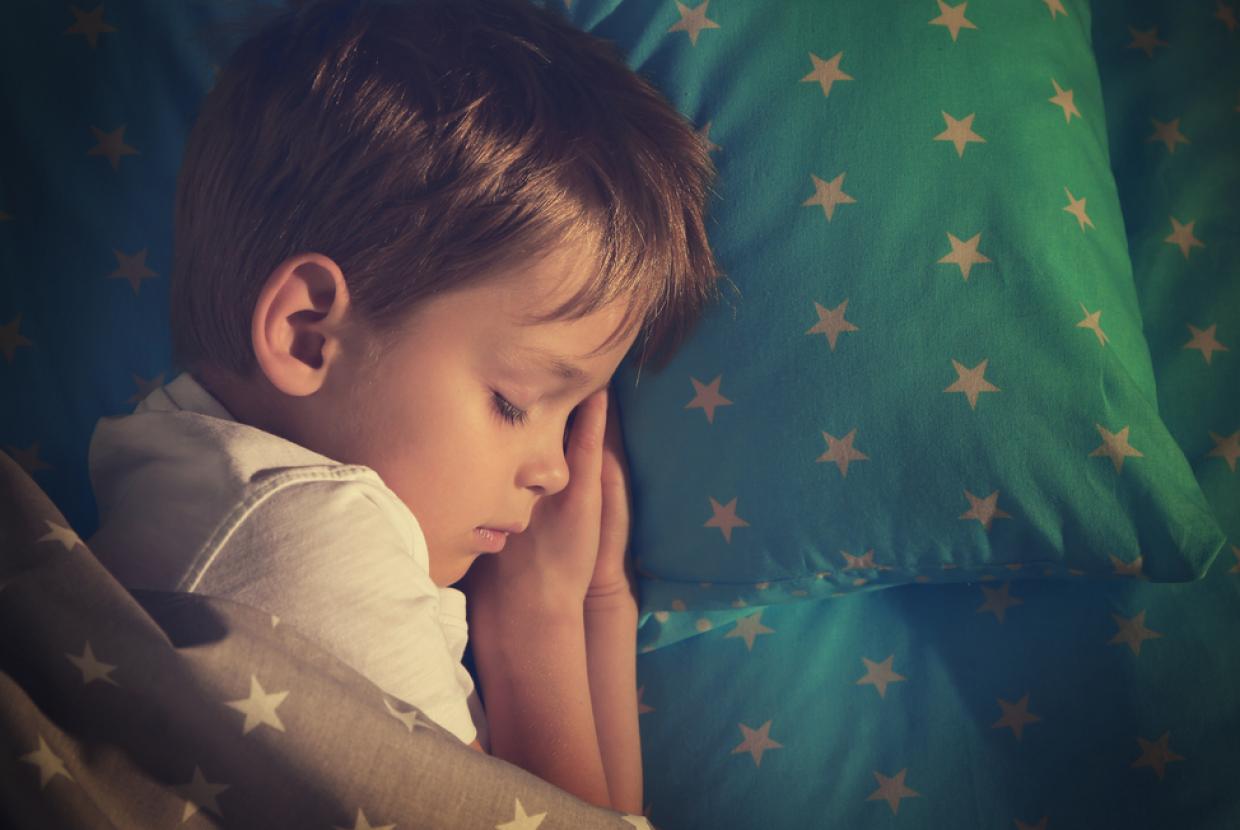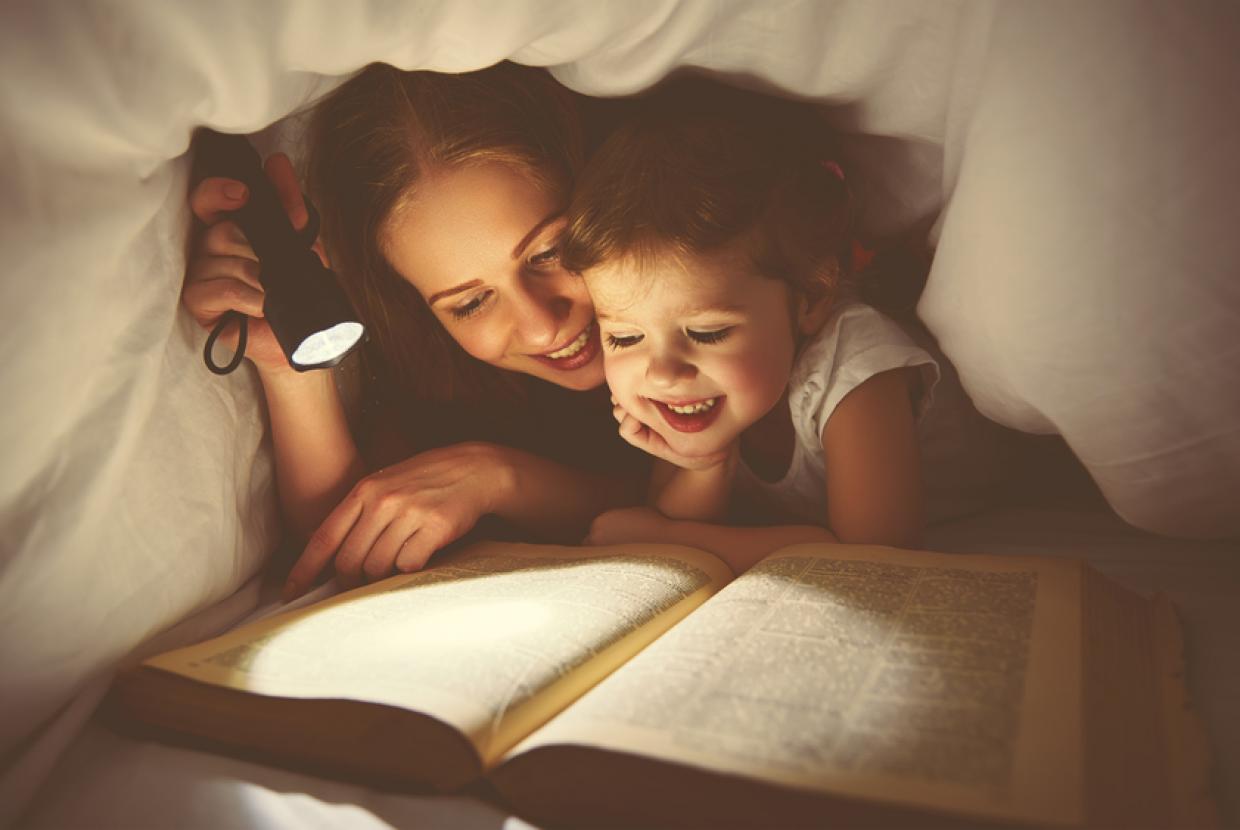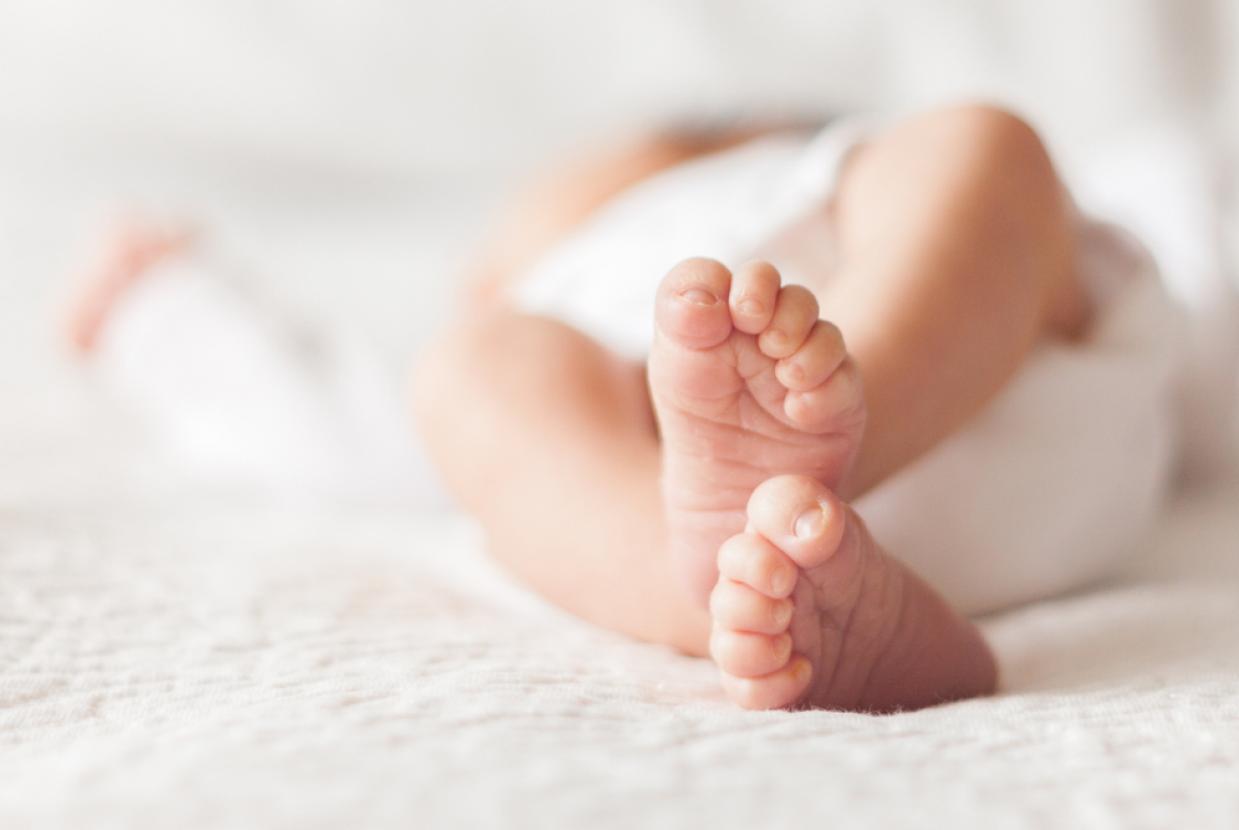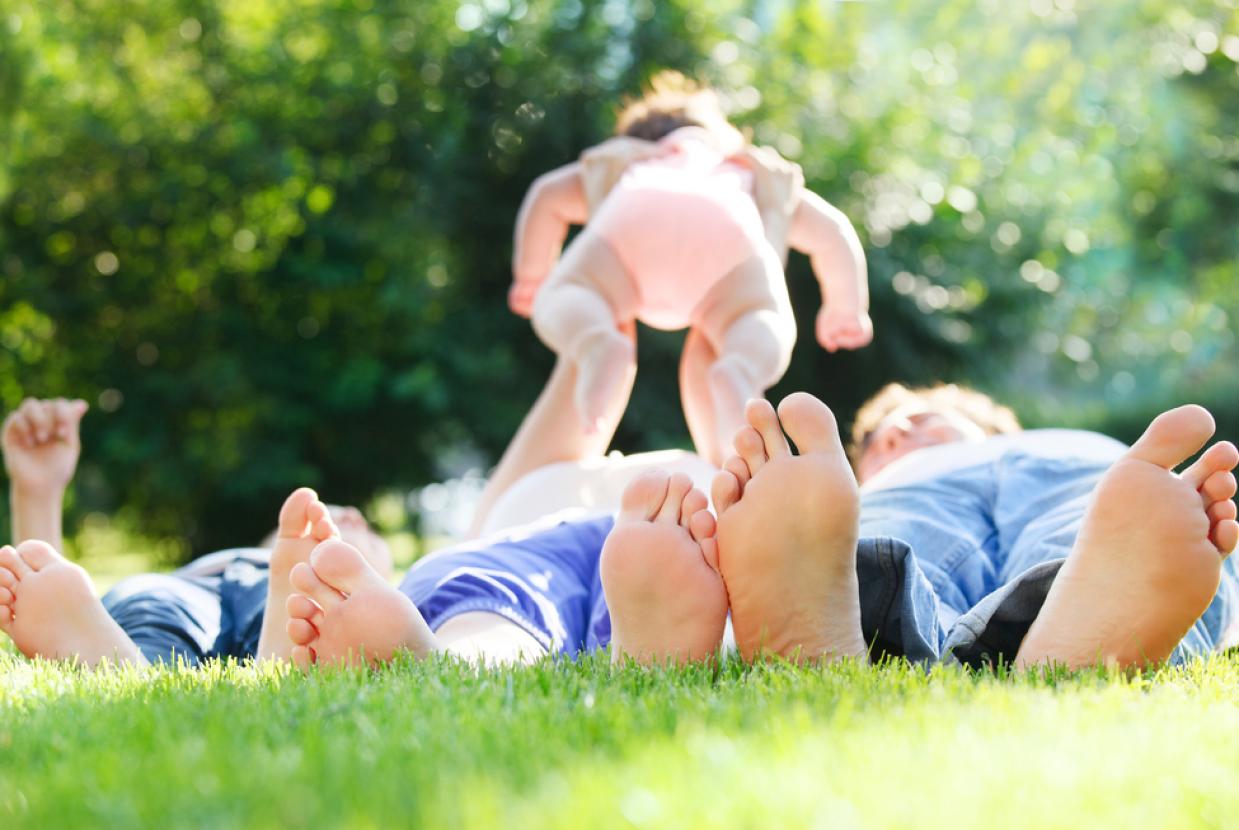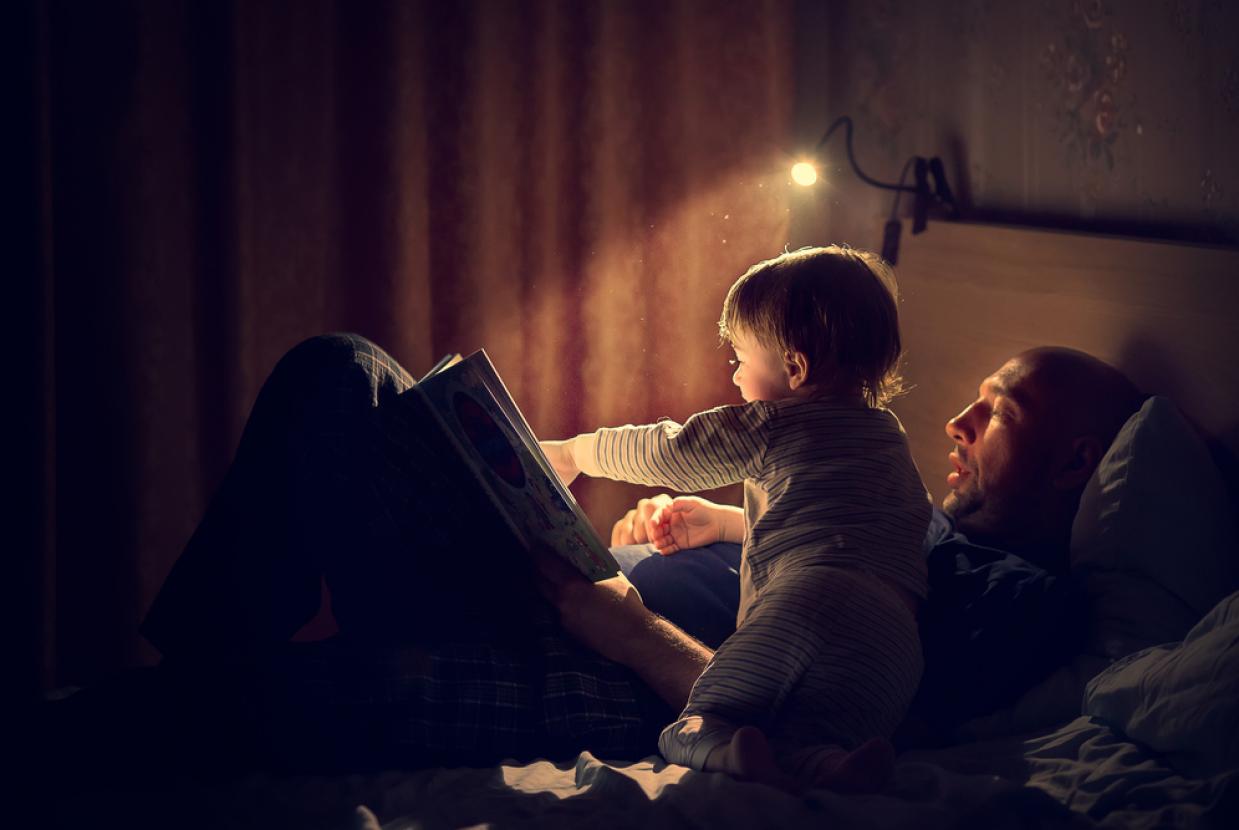Hot weather: How to sleep in the heat
Sleeping BetterWith current high temperatures, the difficulty of getting a good night's sleep will be on many people's minds.
But there are 10 things you can do to beat the heat.
1. No nappingHot weather can make us feel a bit lethargic during the day. That's because we're using more energy to regulate our internal temperature. If your sleep is disturbed at night, try to avoid napping during the day. When it's hot, sleepiness can be precious - save it for bedtime.
2. Keep to routinesHot weather can encourage you to change your habits. Try to keep to your usual bedtime and routines. Do the things you normally do before bed.
3. Remember the basicsTake steps to make sure your bedroom is as cool as it can be at night. During the day, draw the curtains or blinds to keep the sun out. Make sure you close the windows on the sunny side of your home, to keep hot air out. Open all the windows before you go to bed, to get a through breeze.
4. Use thin sheetsReduce your bedding but keep covers handy. Thin cotton sheets will absorb sweat. However hot it is in your bedroom, your body temperature will fall during the night. That's why we sometimes wake up feeling cold.
5. Chill your socksUsing even a small fan can be sensible in hot weather, especially when it's humid. It encourages the evaporation of sweat and makes it easier for your body to regulate your internal temperature.
f you don't have a fan, try filling your hot water bottle with ice cold liquid instead. Alternatively, cool socks in the fridge and put those on. Cooling your feet lowers the overall temperature of your skin and body.
6. Stay hydratedDrink enough water throughout the day but avoid drinking very large amounts before bed. You probably don't want to wake up thirsty - but you don't want to take an additional trip to the bathroom in the early hours either.
7. But think about what you drinkBe careful about soft drinks. Many contain large amounts of caffeine, which stimulates the central nervous system and makes us feel more awake. Avoid drinking too much alcohol as well. Many people drink more when the weather is hot.
Alcohol might help us fall asleep but it promotes early morning waking and a poorer quality of sleep overall.
8. Stay calmIf you're struggling to sleep, get up and do something calming. Try reading, writing, or even folding your socks. Just make sure you don't play on your phone or a video game - the blue light makes us feel less sleepy and the activity is stimulating. Return to bed when you feel sleepy.
9. Think of the childrenChildren are usually quite robust sleepers - but they are very sensitive to changes in family "mood" and routine. Make sure usual bedtimes and bath times don't go out of the window just because it's warm.
As part of the bedtime routine, lukewarm baths are recommended by the NHS UK website. Make sure they aren't too cold, as that will boost circulation (your body's way of keeping warm).
A baby can't let you know if they're too hot or too cold, so it's important to monitor their temperature. They'll sleep best when the temperature is kept between 16C and 20C. You could install a thermometer where the baby is sleeping or check their forehead, back or stomach to see if they feel hot to the touch.
10. Get over itMost of us need about seven to eight hours of good-quality sleep each night to function properly.
But remember that most people can function well after a night or two of disturbed sleep. Although you might yawn a little more frequently than usual, you'll probably be fine.
These tips were based on suggestions by Prof Kevin Morgan, former director of the Clinical Sleep Research Unit at Loughborough University, and Lisa Artis, of the Sleep Council.


